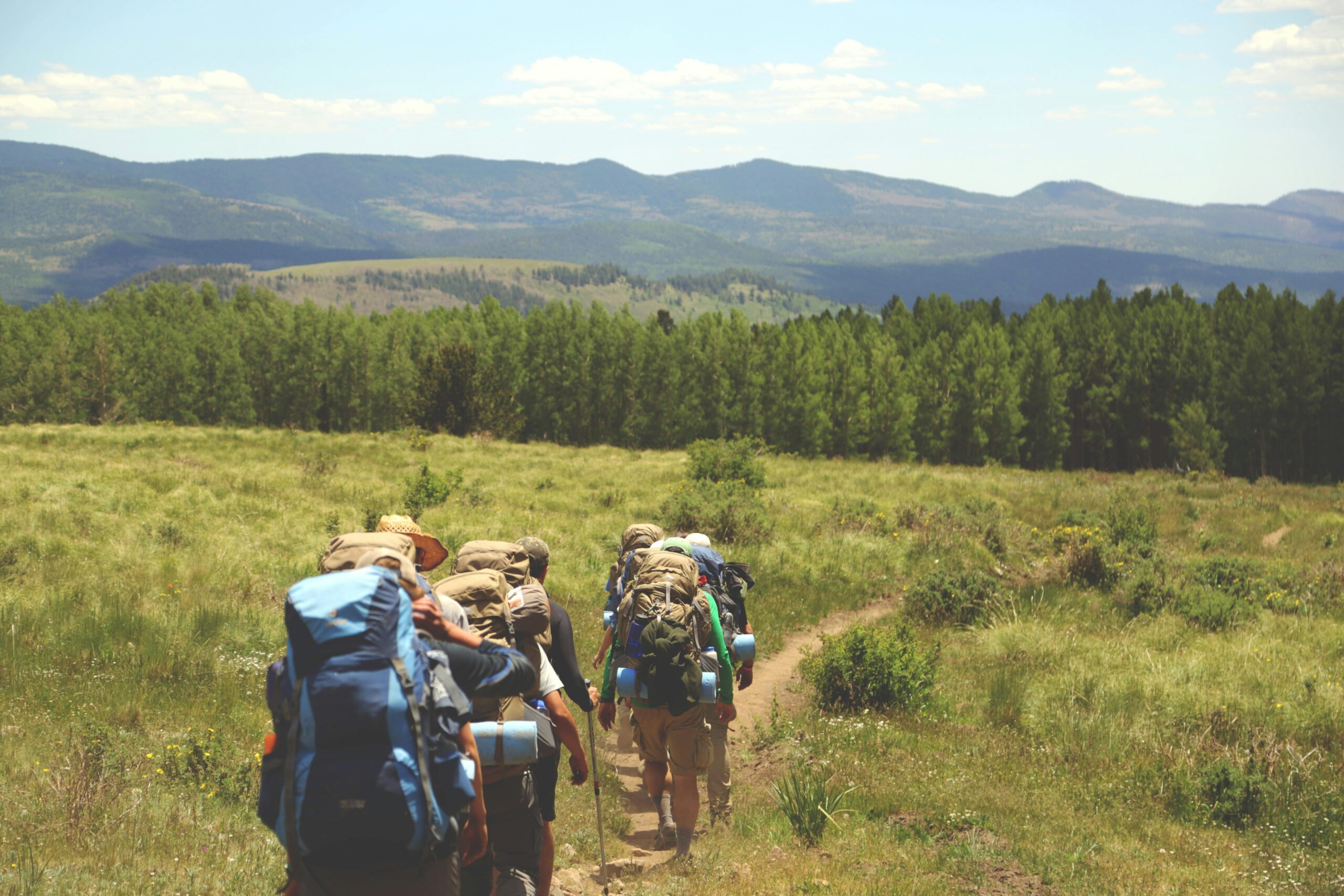
Hiking is an incredible way to connect with nature and stay active, but packing the right gear can be the difference between an enjoyable experience and a frustrating one. While many hikers remember the basics—water, snacks, and a map—several key trail items are frequently overlooked. Whether you’re a seasoned pro or new to hiking, here are 10 essential items that hikers often forget but should always bring to ensure a smooth and safe journey on the trail.
1. Extra Water and Hydration System
Water is essential for every hike, but many hikers don’t pack enough. Running out of water can be a serious issue, especially on long or strenuous hikes. Even if you have a bottle, it may not be enough to get you through the whole day.
For longer hikes, always bring extra water. A hydration system, such as a Camelbak or hydration reservoir, can make carrying water more convenient. If you’re hiking near water sources, a portable water filter or purification tablets are great backup options to refill your supply safely.
2. Map and Compass
Many hikers rely solely on their phone’s GPS, but technology can fail. Phones lose signal, batteries die, and apps sometimes freeze, leaving you stranded without guidance. A paper map and compass are essential trail items that hikers often forget.
These tools don’t need batteries, and learning how to use them adds an extra layer of preparedness. Even if you’re using a GPS, a map and compass should always be packed as a backup.
3. First Aid Kit
Accidents happen on the trail, whether you slip, scrape yourself, or get a blister. Many hikers forget to bring a first aid kit, but this simple item can make a huge difference when dealing with minor injuries.
A small first aid kit, including bandages, antiseptic wipes, pain relievers, and gauze, should be included in your pack. Also, be sure to include any personal medications, especially if you have specific health needs or conditions.
4. Headlamp or Flashlight
Getting caught in the dark can be dangerous, especially if you’re hiking in unfamiliar territory. While daylight may seem sufficient at the start of your hike, it can quickly fade, and a flashlight or headlamp becomes essential.
Headlamps are ideal because they allow you to keep your hands free, enabling you to focus on the road ahead. Don’t forget to bring extra batteries, as a dead light can leave you in the dark without any warning.
5. Multi-tool or Pocket Knife
A multi-tool or pocket knife can be a lifesaver when you’re out on the trail. From cutting rope to fixing gear, this versatile tool is indispensable. However, hikers often forget to pack one, not realizing how useful it is in various situations.
Select a compact tool that includes essential features such as a knife, scissors, and screwdrivers. It won’t take up much space in your pack, but it can solve many problems on the go.
6. Sunscreen and Lip Balm with SPF
It’s easy to forget sunscreen, but exposure to the sun’s harmful UV rays can cause sunburns and long-term skin damage. Even on overcast days, UV rays can still penetrate through the clouds, making sunscreen and lip balm with SPF an essential item on your hiking checklist.
Apply sunscreen before you start hiking and reapply it throughout the day. Don’t forget to protect your lips with a lip balm that includes SPF, especially on long hikes.
7. Extra Layer of Clothing for Changing Weather
Weather can change unexpectedly, and what begins as a sunny, warm hike can quickly turn into a chilly or rainy day. Packing an extra layer of clothing is often overlooked, but it’s one of the most essential things you can bring to the trail.
A lightweight jacket or fleece can add warmth when temperatures drop. If you’re hiking in an area with unpredictable Weather, consider bringing a rain jacket to protect yourself from unexpected downpours.
8. Emergency Whistle
A whistle is a small, lightweight item that can make a huge difference in an emergency. If you get lost or need to signal for help, a whistle can be heard much farther than your voice, cutting through the sounds of the forest.
This item is easy to carry and can be attached to your backpack for quick access. An emergency whistle is one of those items that hikers often overlook but can be a lifesaver when you need it.
9. High-Energy Snacks
Even if you’re only planning a short hike, it’s important to bring snacks to keep your energy up. Hiking burns calories, and low blood sugar can lead to fatigue, irritability, or dizziness.
Pack lightweight, high-energy snacks like trail mix, granola bars, dried fruit, or nuts. These items are easy to carry and provide a quick energy boost when you need it most. Don’t forget to keep them within easy reach in your backpack.
10. Rain Gear for Protection
Weather can be unpredictable, and rain can catch you off guard. Many hikers forget to bring rain gear, but a sudden downpour can ruin your hike and make the trail slippery.
Pack a lightweight rain jacket or poncho to protect yourself from the rain. If you’re carrying electronics or food in your backpack, make sure to bring a rain cover to keep everything dry and protected from the elements.
Packing for a hike may seem simple, but forgetting just one of these key trail items can turn an enjoyable experience into a stressful one. From staying hydrated to navigating safely, these 10 essentials are essential for ensuring your hike goes smoothly. Always double-check your gear before hitting the trail, and make sure you don’t overlook these frequently forgotten items. Being prepared will allow you to fully enjoy the beauty of nature and stay safe throughout your adventure.